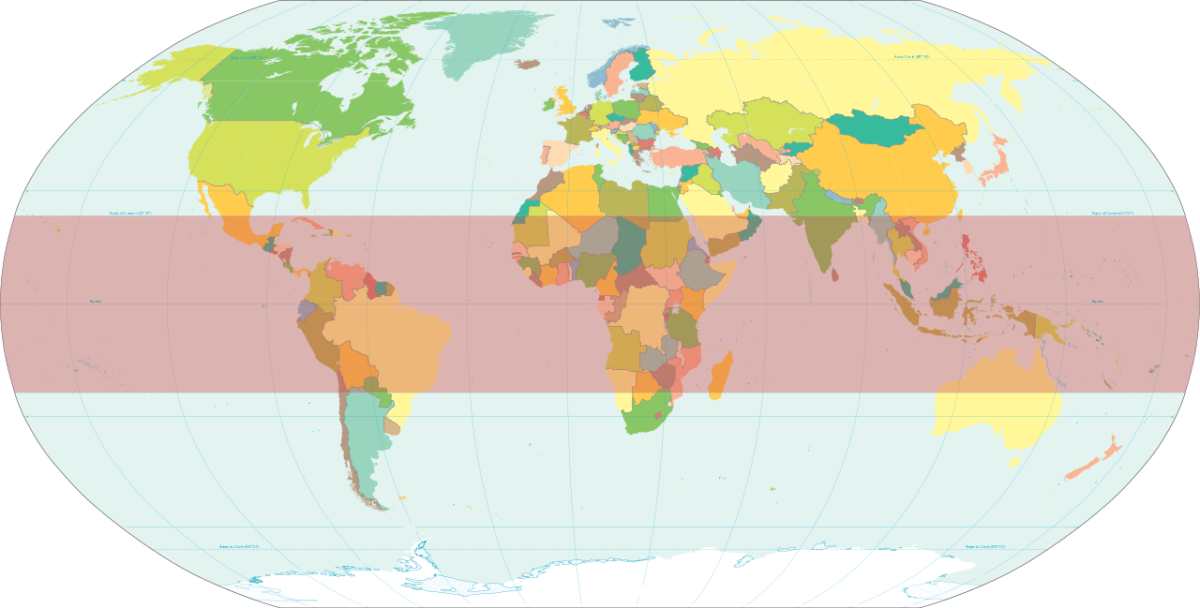International Solar Alliance (ISA) drafts its fifth program – ‘Scaling Solar E-mobility & Storage.’ Its objective is to promote, assess potential, and harmonize demand and poor resources to enable the rapid deployment of, and scaling up, solar electric mobility and associated storage infrastructure in rural and urban areas.
This project comes in pursuit of meeting the objectives set by the 2015 Paris declaration, with the company fulfilling its obligation under article II and III of the framework agreement.
The program is to have a five-year duration, from the date of launch or until 2023 and covers the scaling of solar e-mobility, and storage in 121 prospective member countries with the support of ISA ratified countries, partner countries, and others.
It will also look to bring significant changes to the transport sector where it contributes 23% of the current global energy-related greenhouse gas (GHG) emissions. These negative emissions are predicted to rise unless action is taken.
ISA have set their sights on developing an integrated electro mobility ecosystem comprising various transport systems alongside the low-carbon production of electricity such as solar energy for the charging infrastructure and storage systems, coupled with sustainable transport and smart city principles.
The program will be launched on March 11, 2018, during the ISA solar summit in New Delhi.
Action Plan
To ensure the successful implementation of the program various survey methods, tools, procedures, questionnaires, and processes will be put in place by member countries, partner countries or others. Furthermore, a common methodology will be developed and doped to ensure progressive and sustainable implementation of infrastructure.
Awareness programs will also be developed to promote and inform the project. The best-shared practice and successful business models for entrepreneurs, and to large industry players in the automobile industry for example, as well as to cities, towns, and municipalities. The scheme will also seek to inform utilities and institutions about the best practices to ensure the program performs optimally.
A skilled and trained workforce will also be developed through the distribution of easily accessible e-learning developmental training and skill programs providing all the tools required.
The infrastructure required to developing a renewables-based society, with a good charging infrastructure in place to supplement the creation of a market built for solar e-mobility and smart city programs.
Enforcement of quality will also be at hand with reliability parameters of solar e-vehicles, solar-powered charging infrastructures and storage systems put in place.
This is the fifth program that ISA has drafted. Before that, scaling solar applications for agriculture use, affordable finance at scale – also termed as common risk mitigation mechanism (CRRM), scaling solar mini-grids are already defined and already under process. Whereas, scaling solar rooftop and scaling e-mobility & storage are waiting for the final release. ISA has asked for feedback or comments on the program five until February 28, 2018.
Author: Frederic Brown
This content is protected by copyright and may not be reused. If you want to cooperate with us and would like to reuse some of our content, please contact: editors@pv-magazine.com.








By submitting this form you agree to pv magazine using your data for the purposes of publishing your comment.
Your personal data will only be disclosed or otherwise transmitted to third parties for the purposes of spam filtering or if this is necessary for technical maintenance of the website. Any other transfer to third parties will not take place unless this is justified on the basis of applicable data protection regulations or if pv magazine is legally obliged to do so.
You may revoke this consent at any time with effect for the future, in which case your personal data will be deleted immediately. Otherwise, your data will be deleted if pv magazine has processed your request or the purpose of data storage is fulfilled.
Further information on data privacy can be found in our Data Protection Policy.